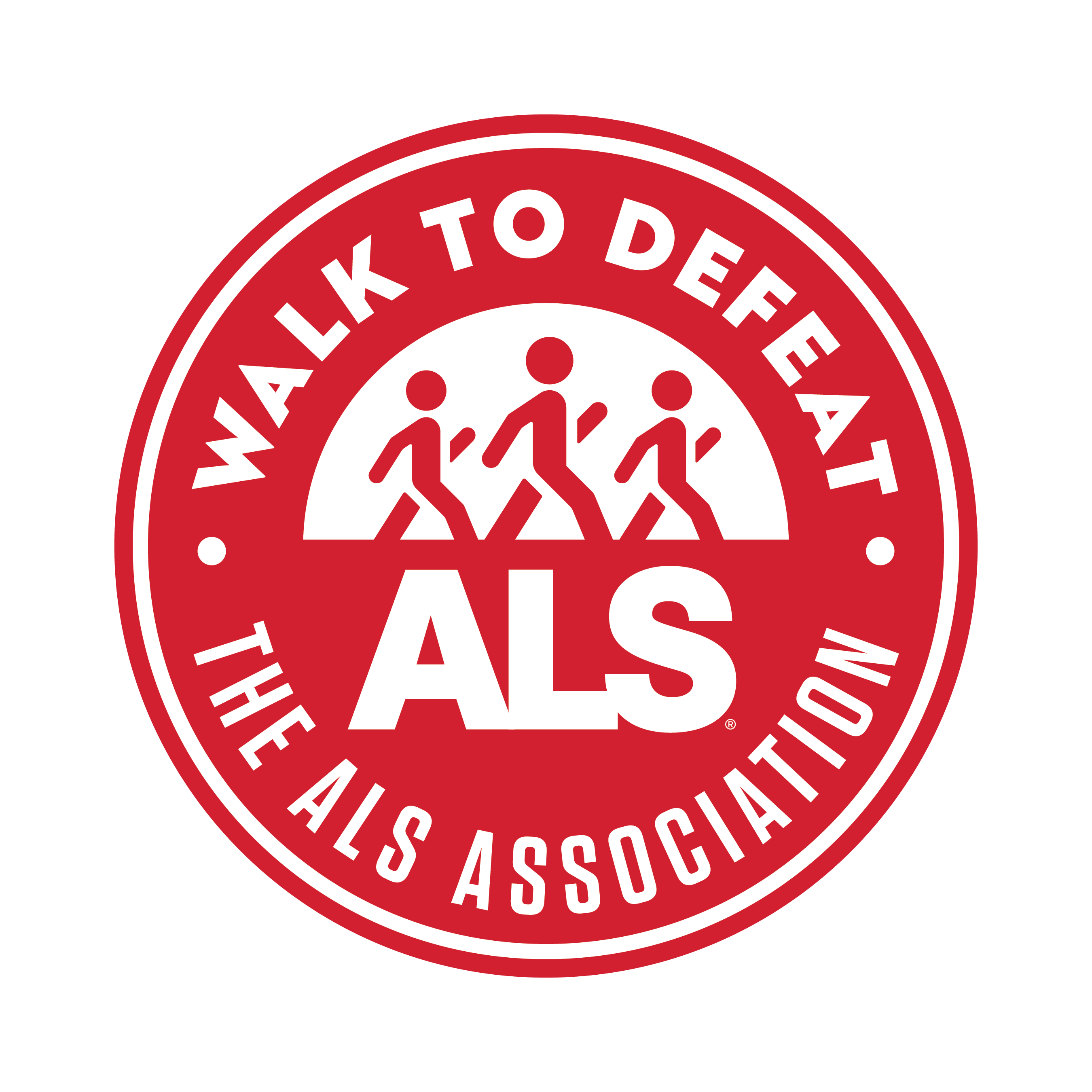Terms You Should Know About Advanced Directives
- Artificially provided fluids and nutrition: The provision of food and water to seriously ill patients who are unable or unwilling to eat. Depending on the method used, such as insertion of a feeding tube or an intravenous line, and the condition of the patient, techniques may involve minor surgery, continuous supervision by medical (and sometimes surgical) personnel, risk of injury or infection, and side effects.
- Cardiopulmonary Resuscitation (CPR): A treatment administered by health care professionals when a person's heartbeat and breathing stops. CPR may restore functioning if administered properly and in a timely fashion and may include the use of mechanical devices and/or drugs.
- Life-sustaining measures: Any medical procedure, device, artificially provided fluids and nutrition, drugs, surgery, or therapy that uses mechanical or other artificial means to sustain, restore or supplant a vital bodily function, thereby prolonging the life of a patient.
- Decision making capacity: A patient's ability to understand the benefits and risks of a proposed medical treatment and its alternatives and to reach an informed decision.
- Health care representative or health care proxy: In the event an individual loses decision making capacity, a health care representative or proxy is a person who has been legally designated to make decisions on his or her behalf. A health care representative is appointed through the execution of a proxy directive (a durable power of attorney for health care).
- Terminal condition: The terminal stage of an irreversibly fatal illness, disease, or condition. While determination of a specific "life expectancy" is not required for a diagnosis of a "terminal condition", a prognosis of a life expectancy of one year or less, with or without the provision of life sustaining treatment, is generally considered terminal.
- Permanent unconsciousness: A medical condition defined as total and irreversible loss of consciousness. The term "permanently unconscious" includes the conditions persistent vegetative state and irreversible coma. Patients in this condition cannot interact with their surroundings or others in any way and do not experience pleasure or pain.
- Persistent vegetative state: A condition of permanent unconsciousness in which the patient loses all capacity for interaction with their environment or other people. It is usually caused by an injury to the brain. It is normally not regarded as a terminal condition and with the aid of medical care and artificial fluids and nutrition patients can survive for many years.
- Incurable and irreversible chronic diseases: Disabling diseases such as Alzheimer's diseases, organic brain syndrome or other diseases which get progressively worse over time, eventually resulting in death. Depending on the disease, the patient may also experience partial or complete loss of physical and mental abilities. Because the rate at which these diseases advance may be slow, such diseases are not considered terminal in their early stages.
- Whole brain death: Death due to total and irreversible loss of all functions of the entire brain, including the brain stem. The criteria of whole brain death must be used to accurately determine death in individuals who have suffered massive or total brain damage but whose heart and lungs are kept functioning by machines. Brain dead individuals are not vegetative or in a coma, but are, in fact, dead.
- Attending physician: The doctor directly responsible for your medical treatment. He or she may or may not be your regular family physician. Depending on your health care needs the attending physician may consult with others in order to diagnose and treat your medical condition, but he or she remains directly responsible for your care.
The information on Advanced Directives comes from a brochure titled "Advance Directives for Health Care - Planning Ahead for Important Health Care Decisions", a publication of the State of New Jersey Commission of Legal and Ethical Problems in the Delivery of Health Care (The New Jersey Bioethics Commission). To download a PDF of the complete brochure please click here.

